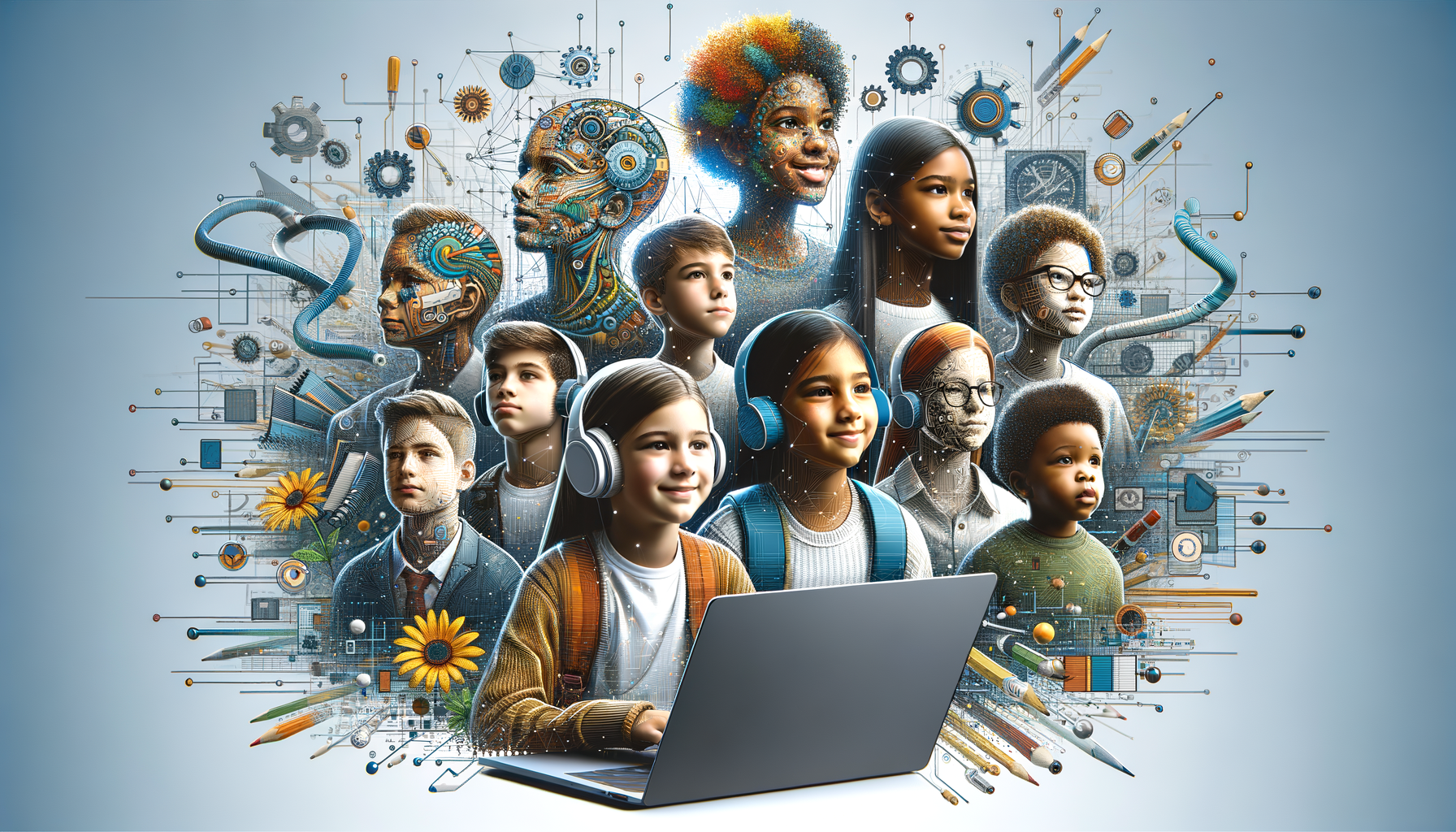Introduction to Adaptive Learning Technology
In today’s rapidly evolving educational landscape, adaptive learning technology is emerging as a significant force for change. This technology leverages artificial intelligence to tailor educational content to individual learners, addressing their unique needs and knowledge gaps. By doing so, it enhances personalized learning experiences, making education more accessible and effective for diverse student populations. The importance of adaptive learning tech lies in its ability to transform traditional educational paradigms, offering a more customized approach that can lead to improved outcomes for students of all backgrounds.
How Adaptive Learning Works
Adaptive learning technology operates by utilizing advanced algorithms and data analytics to assess a student’s current knowledge level. It then adapts the learning material to suit the student’s pace and comprehension. This method is akin to having a personal tutor who understands the learner’s strengths and weaknesses. The technology continually adjusts the content based on the student’s progress, ensuring that they are neither overwhelmed nor under-challenged. This dynamic adjustment is crucial for maintaining engagement and promoting effective learning.
Key features of adaptive learning systems include:
- Real-time feedback that helps students correct mistakes immediately.
- Customized learning paths that align with individual learning styles.
- Data-driven insights that educators can use to enhance teaching strategies.
By integrating these features, adaptive learning platforms provide a robust educational experience that can cater to a wide range of learning needs.
Benefits for Diverse Student Populations
One of the most significant advantages of adaptive learning technology is its ability to cater to diverse student populations. Traditional educational models often struggle to address the varied learning needs of students from different backgrounds. Adaptive learning, however, offers a solution by providing personalized content that can bridge educational gaps.
For students with learning disabilities, adaptive learning can offer tailored content that aligns with their specific needs, ensuring they receive the support necessary to succeed. Similarly, for students from different cultural backgrounds, the technology can adapt content to be more culturally relevant, enhancing understanding and engagement.
Moreover, adaptive learning platforms can help students who are advanced learners by providing more challenging material that keeps them engaged and motivated. This flexibility ensures that all students, regardless of their starting point, have the opportunity to excel.
Challenges and Considerations
While adaptive learning technology offers numerous benefits, it is not without challenges. One of the primary concerns is the digital divide, which can limit access to these technologies for students in underprivileged areas. Ensuring equitable access to adaptive learning platforms is essential for maximizing their potential benefits.
Another consideration is the need for robust data privacy measures. As these platforms collect and analyze large amounts of student data, protecting this information is critical to maintaining trust and compliance with privacy regulations.
Furthermore, educators must be adequately trained to integrate adaptive learning technologies into their teaching practices effectively. Without proper training, the potential of these technologies may not be fully realized.
Conclusion: The Future of Education
Adaptive learning technology represents a significant advancement in the quest for more personalized and effective education. By addressing individual knowledge gaps and tailoring educational content to meet diverse needs, these platforms are transforming the way students learn. As technology continues to evolve, the potential for adaptive learning to revolutionize education becomes increasingly apparent.
For educators and policymakers, embracing adaptive learning technology means committing to a future where education is more inclusive, engaging, and effective for all students. As we move forward, it is crucial to address the challenges and ensure that this technology is accessible to everyone, paving the way for a brighter educational future.




Leave a Reply